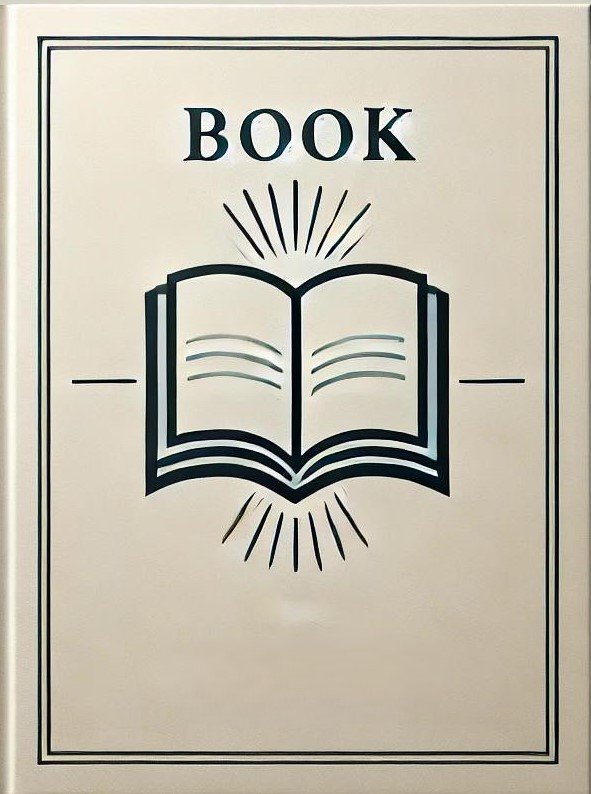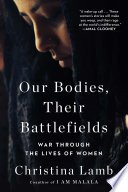Top of the pile
81
/100
I Index Overall Rating

Readers
Critics
Scholars
N/A
Author:
Dubravka UgreÅ¡iÄ, Ellen Elias-BursaÄ
Publisher:
Open Letter
Date:
November 17, 2020
Dubravka Ugresic, winner of the Neustadt International Prize and one of Europe's most influential writers, with biting humor and a multitude of cultural references--from La La Land and Dawn of the Planet of the Apes, to tattoos and body modification, World Cup chants, and the preservation of Lenin's corpse--takes on the dreams, hopes, and fears of modern life.
What The Reviewers Say
Lori Soderlind,
The New York Times Book Review
The New York Times Book Review
A major literary voice in Europe, Ugresic brings deep personal insight into the grinding despair and destructive nationalism of post-communist societies, often writing with lively, ironic flair keenly translated by Elias-Bursac. Do Lenin’s mummy, Adele and Croatian unemployment have any business being in the same essay together? In this book, yes. Gladly.
Nina Herzog,
Los Angeles Review of Books
Los Angeles Review of Books
Ugrešić is most fundamentally an observer, able to reveal the cracks and fissures in our thinking, organizations, and structures, often rearranging their pieces and putting them back together in a way that reveals something foreign—ugly or unexpectedly beautiful (sometimes both), a phenomenon we may have failed to notice. She continues her trademark fastidious and fascinating commentary.
Shuchi Saraswat,
Ploughshares
Ploughshares
Dubravka Ugrešić’s newest collection of essays, The Age of Skin (translated from the Croatian by Ellen Elias-Bursać), opens with fire.
M.A.Orthofer,
The Complete Review
The Complete Review
Ugrešić's pieces are in her familiar style, wending through various anecdotes, personal reminiscences, and observations -- rarely in great detail, but getting to the heart of matters, and often circling back to an example or person in the same piece. Although much she discusses includes the outrageous, her tone and presentation remain controlled -- not dispassionately neutral (her position is usually perfectly clear) but anything but screaming with the frustration one can well imagine many of these things eliciting. Her sense of humor -- often near-deadpan --, and the many far-flung examples -- including literary and other cultural ones -- also contribute to making for consistently engaging essays.
















